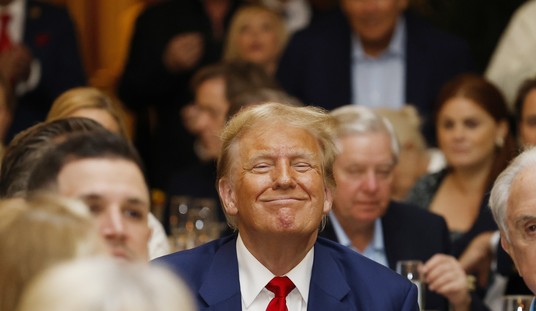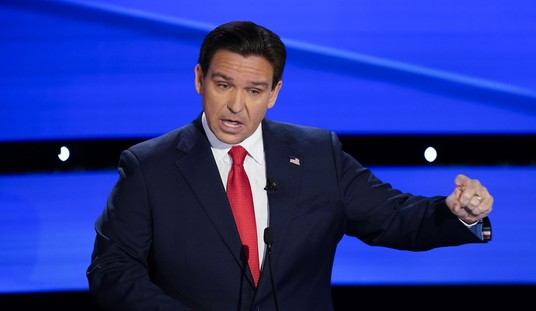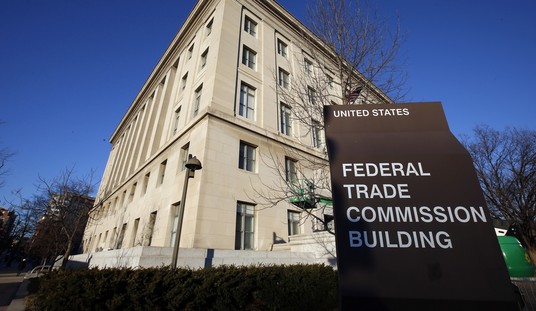
President Donald Trump greets Senate Majority Leader Mitch McConnell of Ky., during a bill passage event on the South Lawn of the White House in Washington, Wednesday, Dec. 20, 2017, to acknowledge the final passage of tax cut legislation by Congress, as House Speaker Paul Ryan of Wis., watches at right. (AP Photo/Evan Vucci)
In addition to the left and a lot of rabid anti-Trumpers hating the GOP tax plan, apparently, the Germans are unhappy, too.
While Americans are anxiously awaiting full details of the tax bill now being finalized in Congress, German economists are warning that the changes sought by President Donald Trump mean that significant amounts of new investment and jobs will shift from Europe to the United States.
“The tax competition will have a new dimension,” said Christoph Spengel, chairman of the corporate tax department at the University of Mannheim. Mr. Spengel, who is also a research associate at the Center for European Economic Research, and a group of tax experts at the university have done a detailed comparison of the two countries’ tax systems and published a report under the heading, “Germany loses out in US tax reform.”
Clemens Fuest, who heads the Ifo economic think tank, also said he believed German business would suffer. “Investments and jobs will migrate to the US,” he said.
…
Gavin Ekins, a research economist at the Tax Foundation in Washington, argued that it is not only the tax rate that will make the US more attractive. He told Handelsblatt Global that in figuring out their “service cost,” a metric that measures the cost of capital, companies also have to consider local labor costs, regulatory burdens, and things like energy prices and the cost of land.The US has the advantage in almost every category, he noted, but until now firms were deterred by the high corporate tax.“Now you get a windfall for having capital in the US, so that causes investors to invest,” Mr. Ekins says. The change in the capital investment rules gives US firms “a tremendous advantage,” he said. “It’s a pro-capital formation tax bill and this is why other countries are so wary about what the investment landscape will look like.”
And as sanity has gained the upper hand and we’re pulling back from the perpetual motion machine of energy production–that would be “renewables”–and treating carbon as though it were plutonium, our competitive advantage will be increased via lower energy prices.
Funny how economics works, isn’t it?














Join the conversation as a VIP Member